PioSolver Course - Endboss Package
Everything you need to know about PIO-
No Previous Experience/Knowledge Required
-
Learn How to Use The Most Advanced and Powerful Features
-
6h of Material, inc feature guide, HH analysis
PLUS bonus Mental Game Series
Blockers in 20m
Learn when to make the big move-
Learn How Blockers Affect Your Folding, Calling and Bluffing Decisions
-
17 Rapid Fire HH analyses
-
Make Smarter Decisions, Play Better =>
Crush Your Opponents

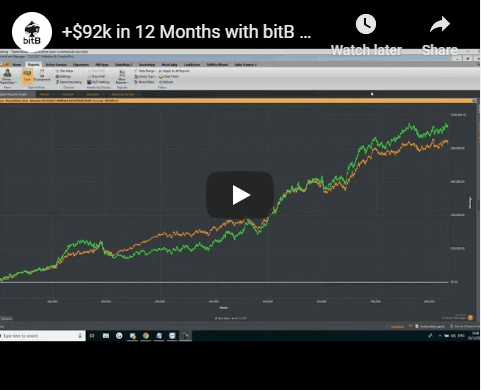
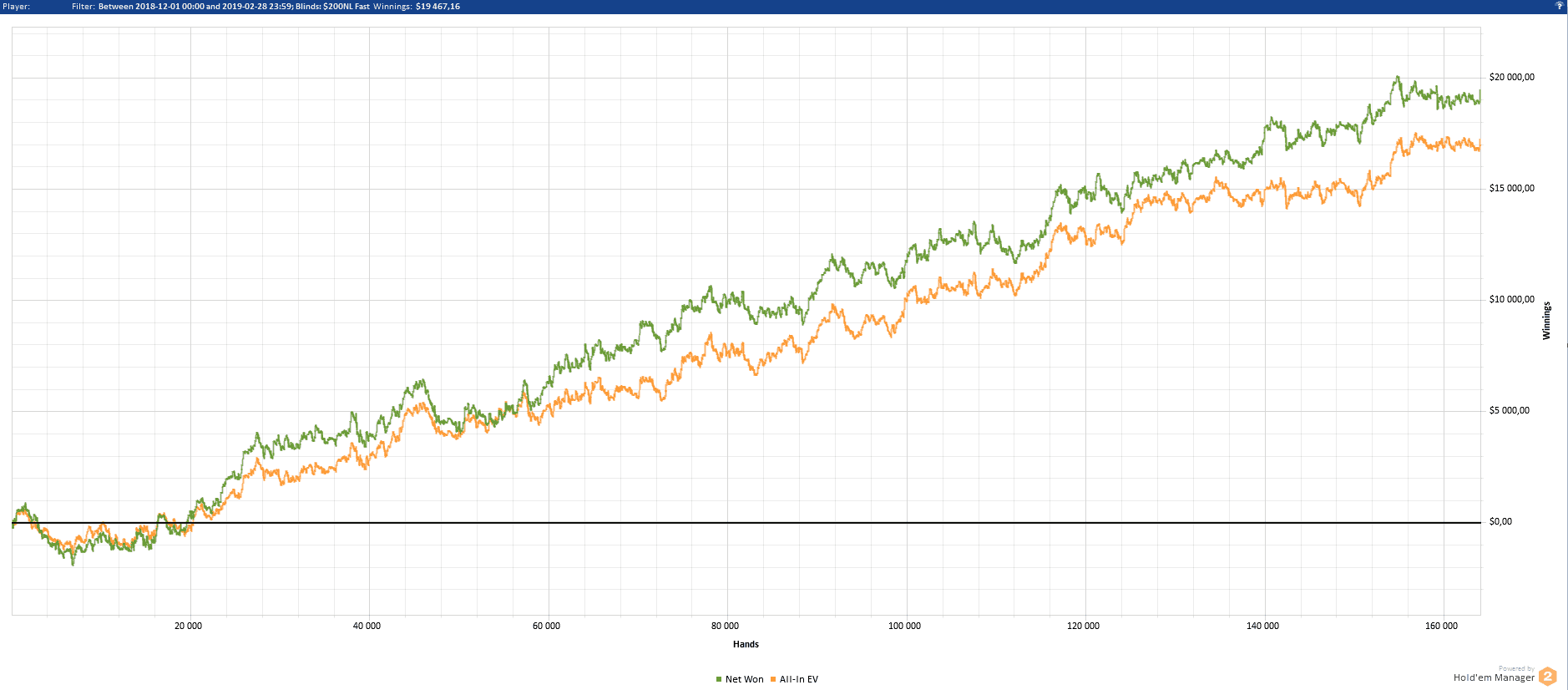
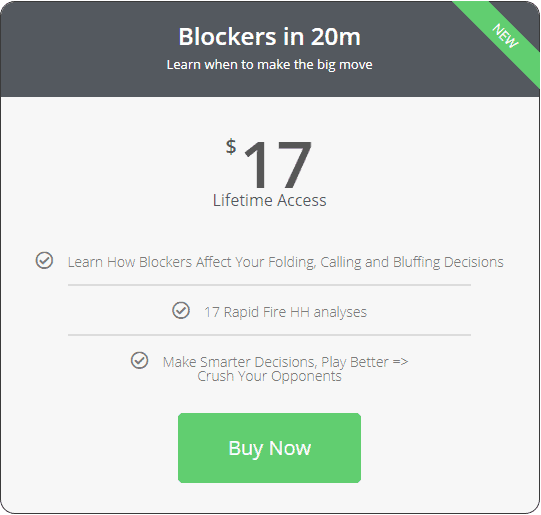
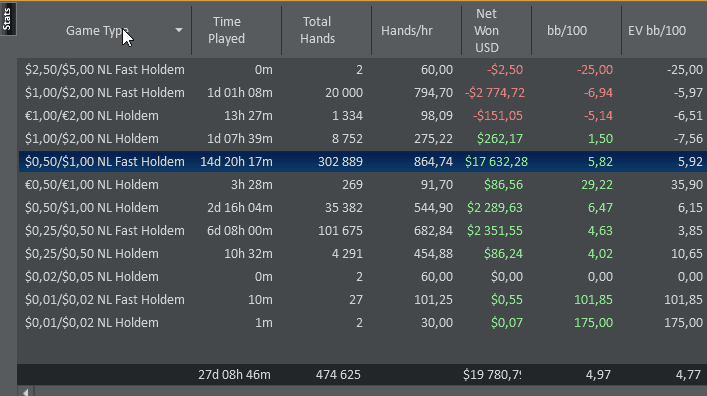
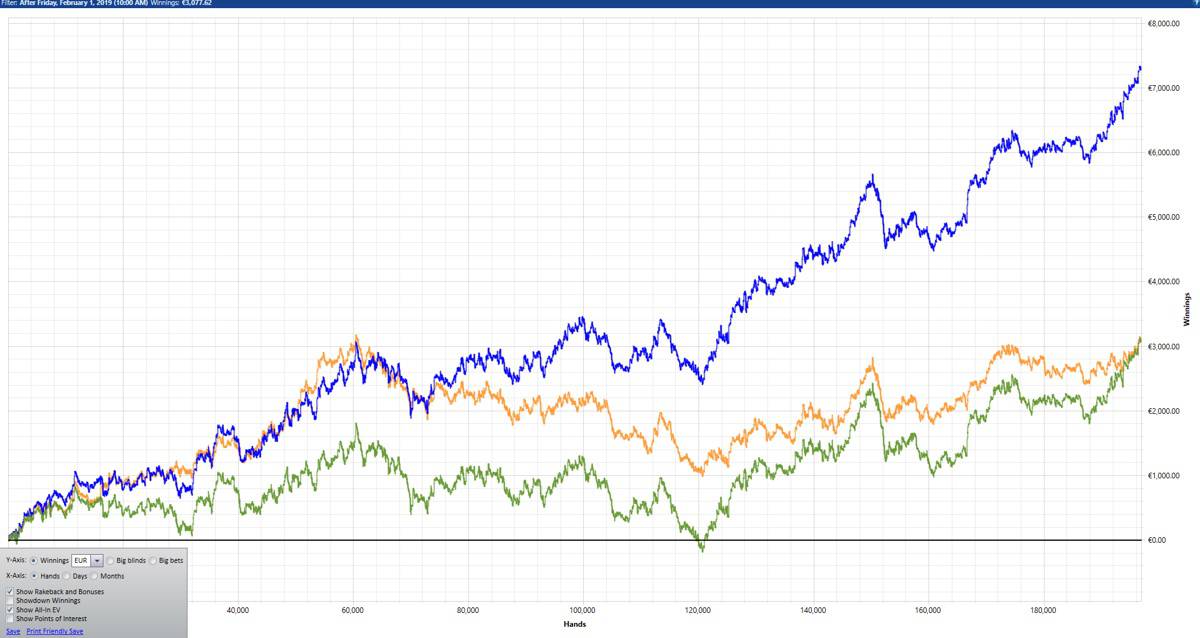
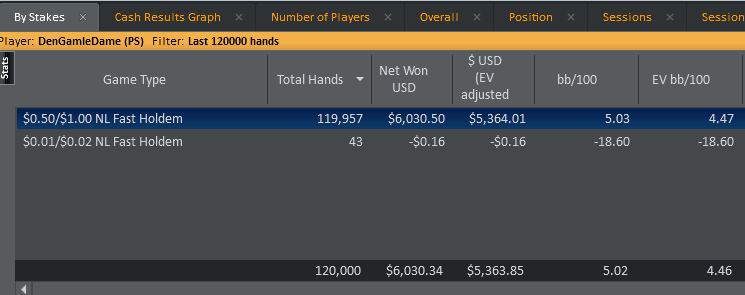

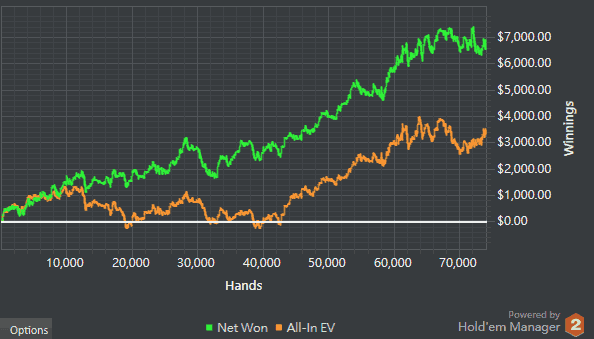
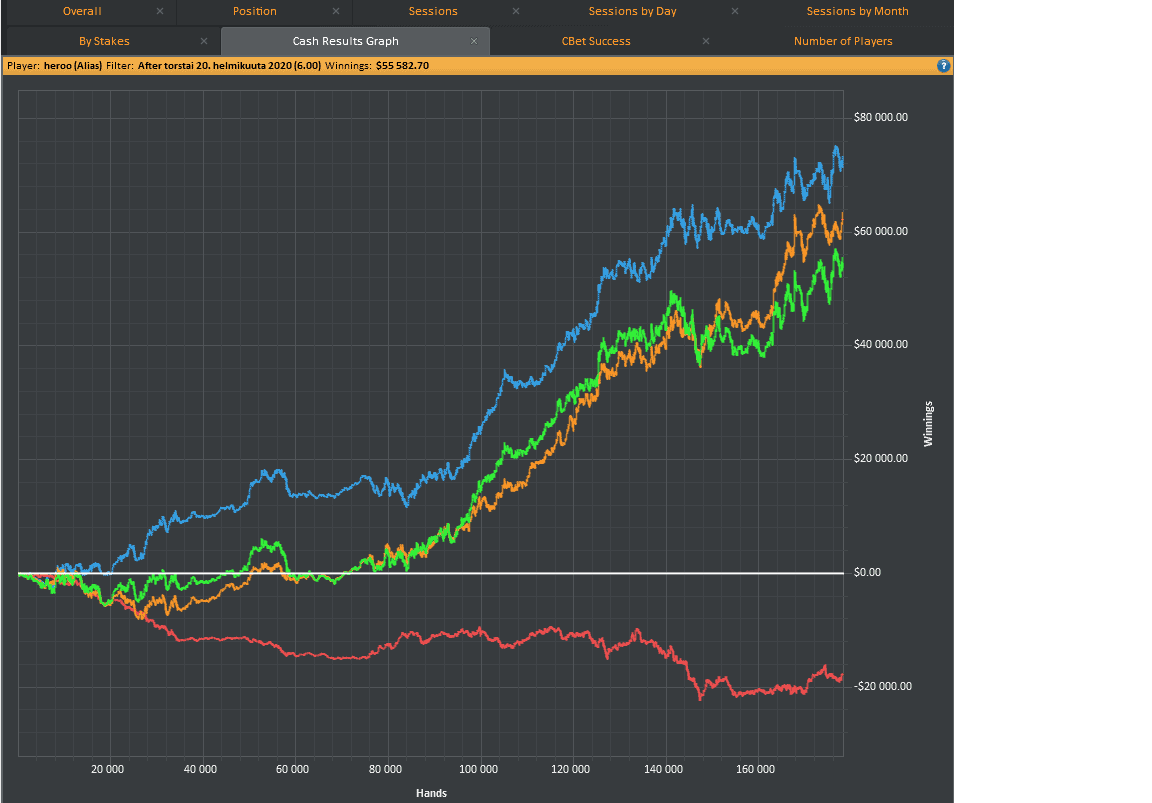

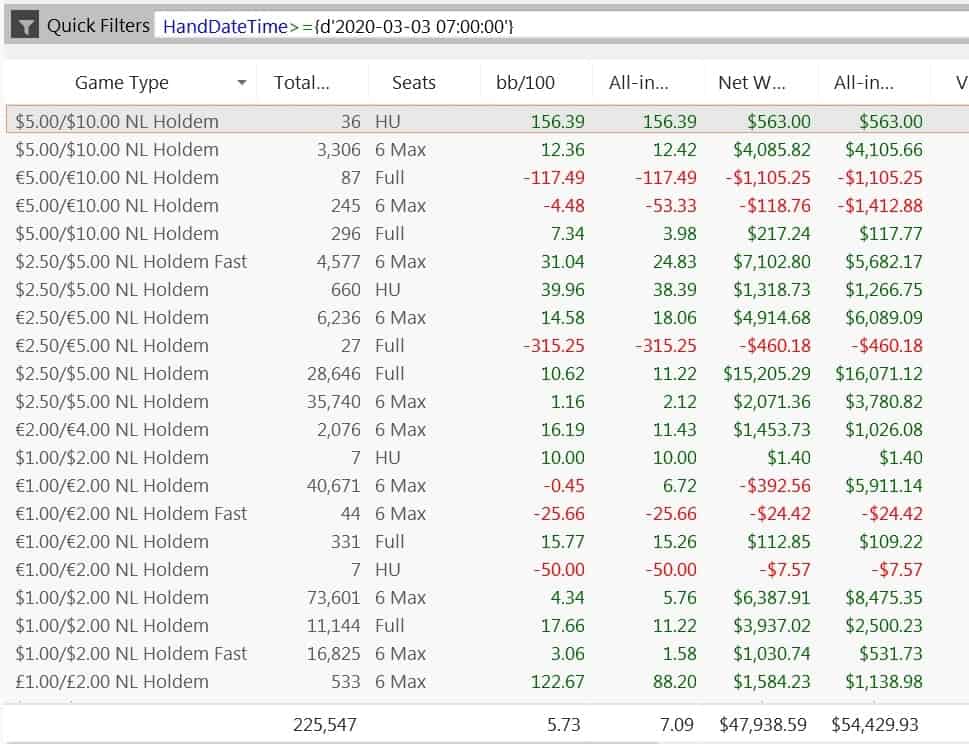
Poker Crossbook (Xbook) Calculator
What’s up guys.
Today we’re going to dig down a little into a term that’s thrown around a lot but often misunderstood.
What is Crossbooking in Poker?
You can think of crossbooking as the opposite of swapping action. So if player 1 wins $100 while player 2 loses $100, if they’d SWAPPED 10% player 1 would owe player 2 $10, while if they’d CROSSBOOKED 10%, player 2 would owe player 1 $10. That’s it!
Why Would Two (or more) Players Crossbook Action?
There are a few reasons poker players might agree to crossbook, all competitive.
The first is simply for ego/in order to bet on who is the best player. If I think I’m better than player X at whatever game, I can offer to crossbook him. This means if I win more than him (which I believe I will), then he will owe me some multiple of the difference (could be 10%, could be 500%), and vice-versa. It’s a simple, pure form of betting on who is the stronger player.
However there’s no reason I have to be involved in the playing in order to crossbook. Say my friend is playing someone HU and I believe he is winning, while someone else believes he is NOT winning. Instead of arranging a challenge or endlessly flinging shit at each other, we could just agree to crossbook the results – if my friend wins, I win, if he loses, I lose. Now we can back our opinions with money instead of trading internet insults with each other. Hurray!
Lastly – there’s a practical reason two reputable players might want to crossbook. Especially in the current age of regulation, it can be difficult to get huge amounts of money onto poker sites in order to play nosebleed stakes. For this reason, it’s far easier to arrange the match say at $1/$2, or even at playmoney, agree the stakes privately and then simply send through whatever means at an agreed interval or once the match is finished. This saves liquidity problems, saves a few bucks on rake, but requires complete trust on both sides that the counterparty isn’t going to screw you if (WHEN! 😀 ) they lose.
Handicapping
Let’s say our hypothetical player X believes he is beating 500z at 6bb/100, and I believe he is not. Again, crossbooking provides a simple way for us to bet money on our beliefs, without the need for a challenge (which often doesn’t answer the question very well anyway).
We can agree to crossbook player X’s results, minus this 6bb/100 handicap. So if he wins at >6bb or higher, I owe him money, if he wins at <6bb, he owes me. Again the size of the bet is variable here.
What about rake?
For some reason this confused be for a while, but it’s actually quite simple – though it does depend on the situation. In the handicapping example above, obviously we are betting on whether player X can win at 6bb/100 AFTER rake. But in the nosebleeds HU match in the previous paragraph, we are betting on who the best player is as though rake didn’t exist. In the calculator below…
